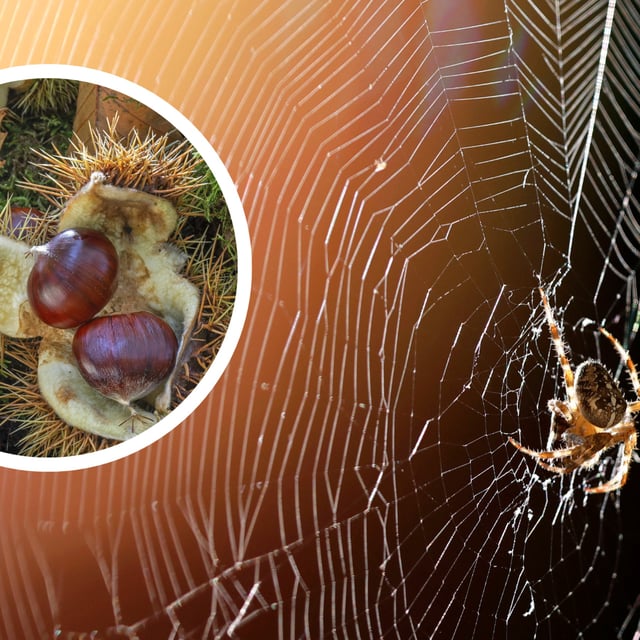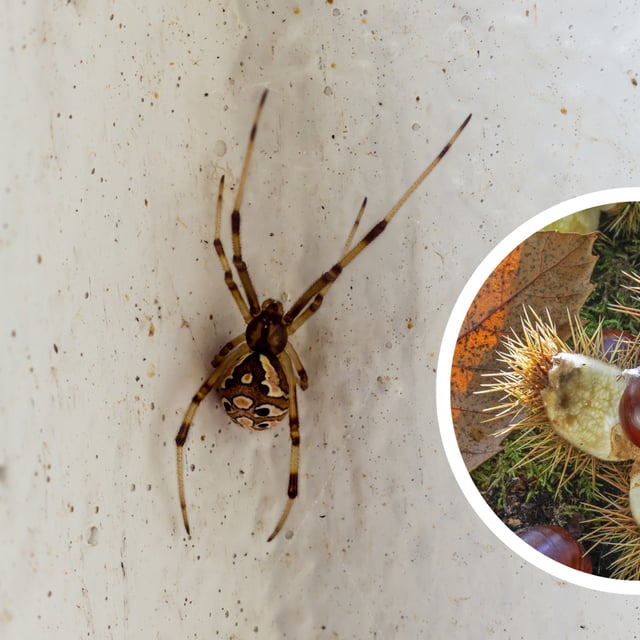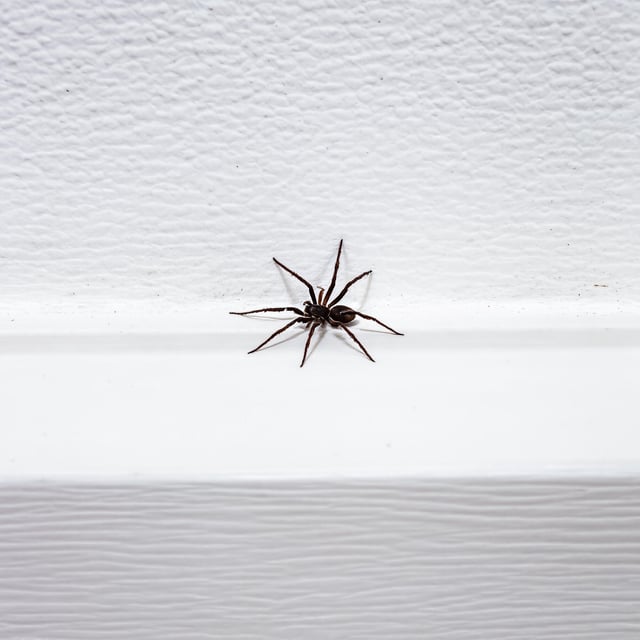Overview
- New guidance from HNA.de and Merkur.de this week revisits a 2017 Journal of Economic Entomology study from Oxford showing deterrent effects from edible chestnuts and peppermint oil.
- Two of three tested species—the brown widow and the garden cross spider—avoided treated areas by up to roughly 75%, while the large house or “fat” spider showed no response.
- Lemon oil was reported as ineffective in the tests, whereas peppermint oil and volatiles from edible chestnuts produced the observed deterrence.
- Advice focuses on using edible chestnuts (Castanea sativa), not horse chestnuts, with clear caution to distinguish the species before collecting or purchasing.
- Practical tips include piercing chestnut shells to release scent, placing them at doors, windows and corners, refreshing every two to three weeks, and pairing this with sealing gaps and cleaning.



